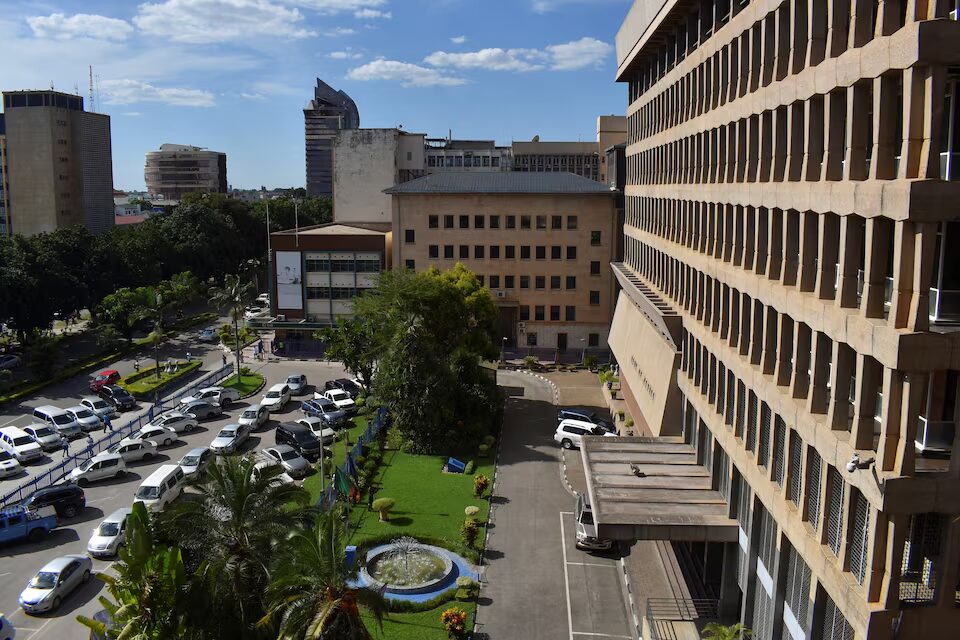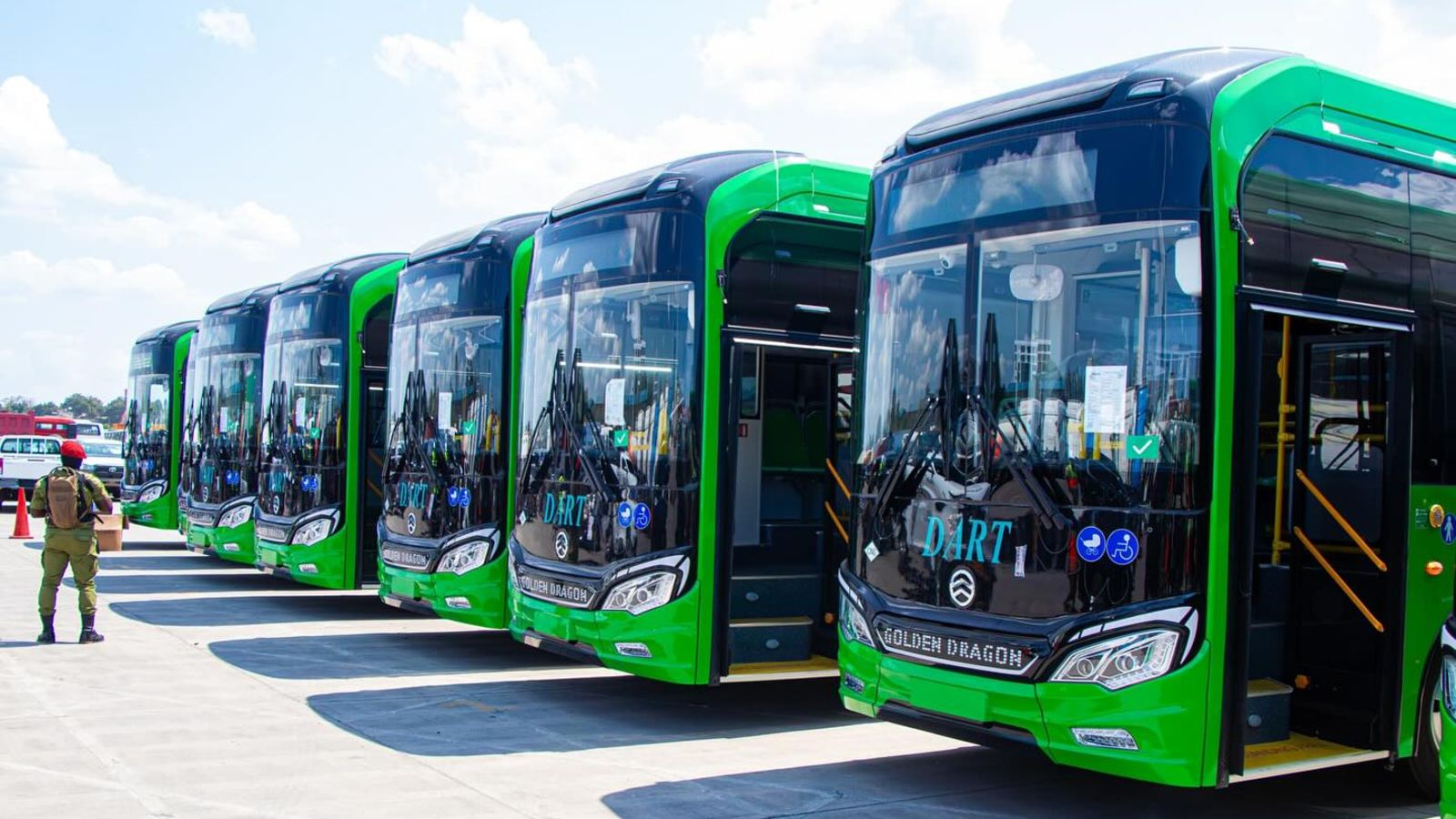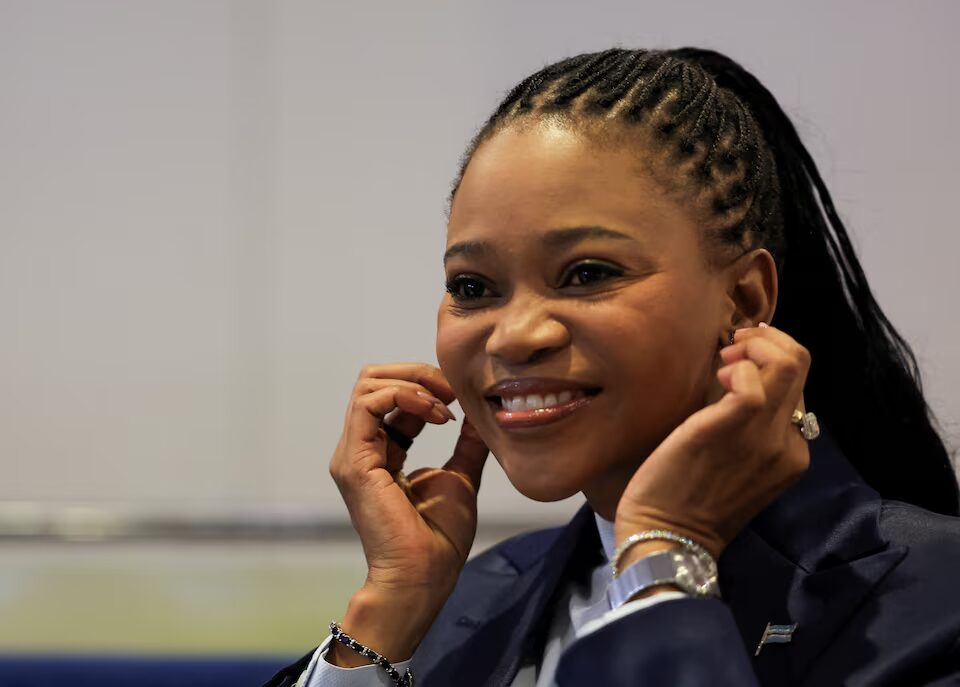
Monday, 1st September 2025

by inAfrika Reporter
DAR ES SALAAM—Morning commuters in Mbagala don’t need a timetable to know something’s changed: the blue articulated buses are arriving tighter and faster. Tanzania’s Dar es Salaam Rapid Transit (DART) has expanded its fleet to 151 buses, marking a step-change for Phase Two of the system that links Mbagala–Gerezani, Mbagala–Kivukoni and Mbagala–Morocco. Officials say the latest tranche—52 vehicles landed on August 26, after 99 earlier in the month—pushes service toward the kind of frequency that turns car owners into bus riders.
The operator for Phase Two is local firm Mofat, contracted for two years and ultimately expected to field 255 buses. The agency says Phase Two is built to handle up to 755 vehicles, the most ambitious stage yet in a six-phase plan. The new fleet includes 18-metre articulated buses with space for about 160 passengers; once fully launched, DART projects 325,000–400,000 riders per day. Onboard perks—free Wi-Fi, USB charging and CCTV—aim to make public transport feel more like an upgrade than a compromise.
Behind the scenes, scheduling tech will shape where the buses go. DART chief Dr. Athumani Kihamia said the system can surge up to 50 buses on a single corridor at peak, a lever city planners hope will smooth crush loads without blowing up headways elsewhere. His message to motorists: respect BRT lanes or the safety gains will be squandered.
Still ahead: throughput, training and road discipline. Officials say another 153 buses are due by mid-October, which would round out the operator’s obligation. That, combined with driver training and lane enforcement, could finally unlock consistent sub-five-minute waits at stops—long promised, intermittently delivered.
For riders in Temeke and beyond, the upgrade is visceral. Queues shorten; travel times compress; trips that once demanded two daladalas and a prayer now fit neatly into a single tap-in. If the next waves arrive on schedule, Dar’s BRT will move from proof-of-concept to backbone—exactly what a metro of seven million needs.


